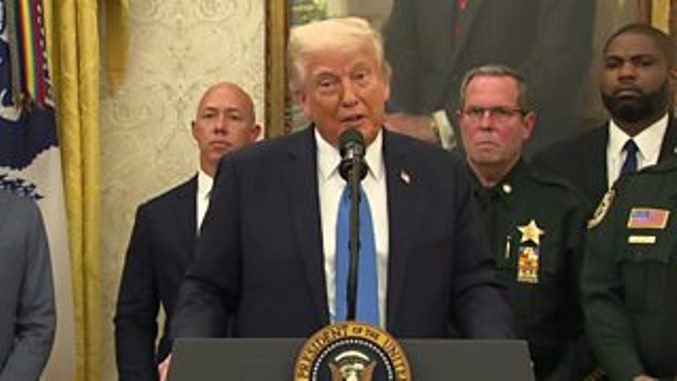In a groundbreaking letter published by North Korean state media, Russian President Vladimir Putin expressed his commitment to forging a trade and security alliance with North Korea that would operate independently from Western influence.
As anticipation builds for his imminent visit to the country, Putin emphasized the enduring bond between the two nations, which has been nurtured over the past 70 years through principles of equality, mutual respect, and trust.
Declaring their intention to develop alternative mechanisms of trade and mutual settlements free from Western control, Putin vowed to jointly resist illegitimate unilateral restrictions.
Furthermore, he underscored his ambition to construct an architecture of equal and indivisible security within the Eurasian region.
Resistance against US pressure
In the face of what he described as “US pressure, blackmail, and military threats,” Putin expressed gratitude to North Korea for their unwavering support of Russia’s special military operation in Ukraine and pledged his solidarity with Pyongyang’s efforts to safeguard its interests.
This momentous announcement coincides with the revelation that Putin will embark on his first visit to North Korea in 24 years, commencing a two-day visit from Tuesday onwards. Russian foreign policy adviser Yuri Ushakov hinted at the possibility of a partnership agreement being signed during the visit, encompassing crucial security matters.
Ushakov emphasized that this agreement would not be directed against any other nation but would instead outline prospects for enhanced cooperation, taking into account recent developments in international politics and economics, with security concerns duly considered.
Notable figures accompanying Putin on the historic journey
Accompanying Putin on this historic journey will be a delegation comprising Russian Defense Minister Andrei Belousov, Foreign Minister Sergei Lavrov, and Deputy Prime Minister Alexander Novak, who specializes in matters of energy.
The visit has prompted preparations in North Korea, with satellite imagery revealing potential arrangements for a military parade in downtown Pyongyang.
Meanwhile, the United States State Department spokesperson, Matthew Miller, reiterated allegations on Monday that North Korea had provided Russia with a significant quantity of ballistic missiles and munitions for use in Ukraine. However, both Moscow and Pyongyang have consistently denied engaging in arms transfers.
Russia and China opposing further sanctions
As tensions continue to escalate, the Security Council remains divided on the appropriate course of action. Russia and China advocate for the easing of sanctions, arguing that additional punitive measures are counterproductive.
Despite proposing the lifting of some sanctions in December 2019, they have yet to bring their draft resolution to a vote.
In May 2022, Russia and China exercised their veto power to oppose a US-led push for increased UN sanctions against North Korea in response to its ballistic missile launches. Earlier this year, Russia vetoed the renewal of a panel of experts tasked with monitoring the enforcement of UN sanctions.
The United States, in turn, accuses China and Russia of emboldening North Korea by shielding it from more severe sanctions, while Beijing and Moscow assert that joint military exercises by the US and South Korea provoke Pyongyang.
Following his visit to North Korea, Putin will proceed to Vietnam on June 19-20, further solidifying Russia’s diplomatic engagements in the region.
Check also;
- Putin, Erdogan, And Raisi Embark On Central Asia Visits
- Delicate Dance: Xi Jinping’s European Visit And Complexities Of Diplomacy
Please use the button below to contribute to Newslex Point, Inc. using a credit card or via PayPal.

 Newslex Point News in Uganda, Uganda news
Newslex Point News in Uganda, Uganda news












